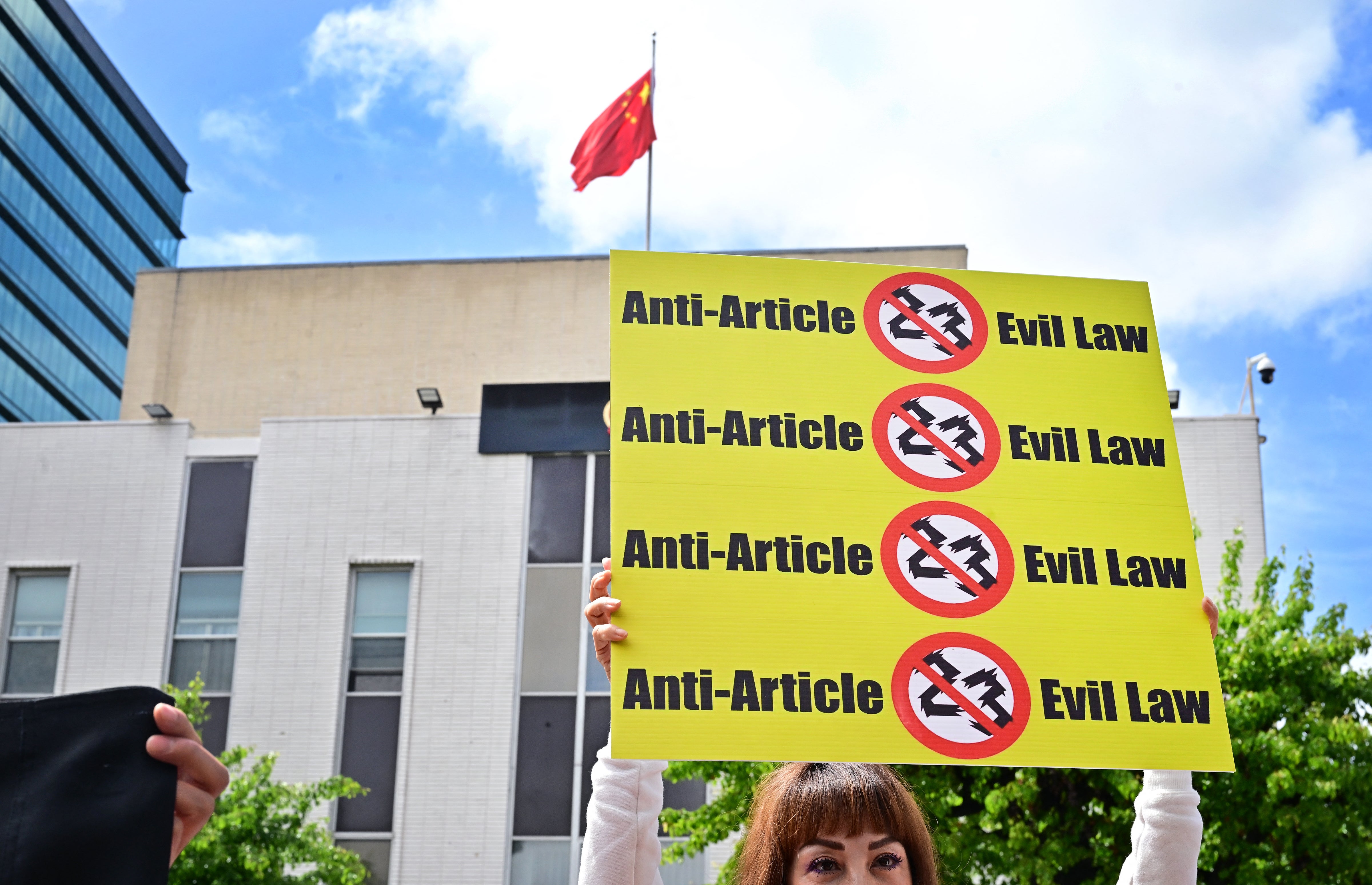China is turning Hong Kong into a “totalitarian state” by compromising the rule of law, according to a British judge who resigned from the city’s top court last week.
Jonathan Sumption is one of two British judges who resigned shortly after a Hong Kong court convicted 14 activists of subversion under a contentious national security law enacted in the wake of mass protests five years ago.
Mr Sumption and Lawrence Collins are set to be followed by Beverly McLachlin, former chief justice of the Supreme Court of Canada, who is leaving Hong Kong’s top court when her term ends in July.
“It has been a privilege serving the people of Hong Kong. I continue to have confidence in the members of the Court, their independence, and their determination to uphold the rule of law,” Ms McLachlin said in a brief statement.
In an article for the Financial Times, Mr Sumption, who served as a non-permanent overseas judge, described growing “paranoia of the authorities” and intimidation of the judges by a “darkening political mood” in the city.
“Hong Kong, once a vibrant and politically diverse community, is slowly becoming a totalitarian state,” he wrote. “The rule of law is profoundly compromised in any area about which the government feels strongly.”
He stayed on at the court hoping the presence of overseas judges would help sustain the rule of law, Mr Sumption said, but “I fear that this is no longer realistic”.
China has allowed non-permanent foreign judges to sit on Hong Kong’s Court of Final Appeal even after it took the then British colony back in 1997 to enable continuity with British Common Law tradition, provide expertise to local lawyers and reassure businesses and financial markets.

Hong Kong’s administration reacted strongly to Mr Sumption’s article, saying there was “absolutely no truth that the city courts are under any political pressure”.
“Anyone who suggested otherwise, no matter what the reasons or motives may be, would be utterly wrong, totally baseless, and must be righteously refuted,” it said in a statement on Tuesday.
The city’s leader, John Lee, said the professional duty of judges was to interpret and apply laws in accordance with legal principles and evidence regardless of their political views.
“Some UK officials and politicians try to weaponise the UK’s judicial influence to target China and Hong Kong,” he said.
“A judge is entitled to his personal political preferences, but that is not a judge’s area of professional expertise.”
In 2022, another British judge, Robert Reed, stepped down from the top court saying the city’s administration had “departed from values of political freedom and freedom of expression.”
Hong Kong has detained over 1,800 people in a crackdown on protests since the 2019 agitation, many of them under the national security law.

